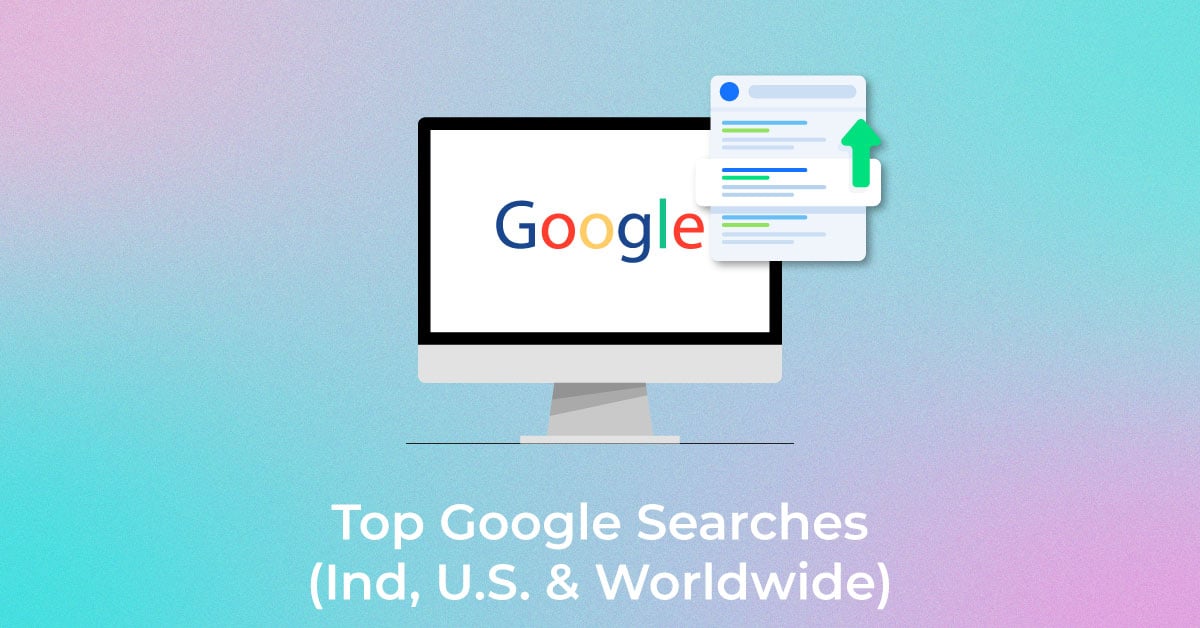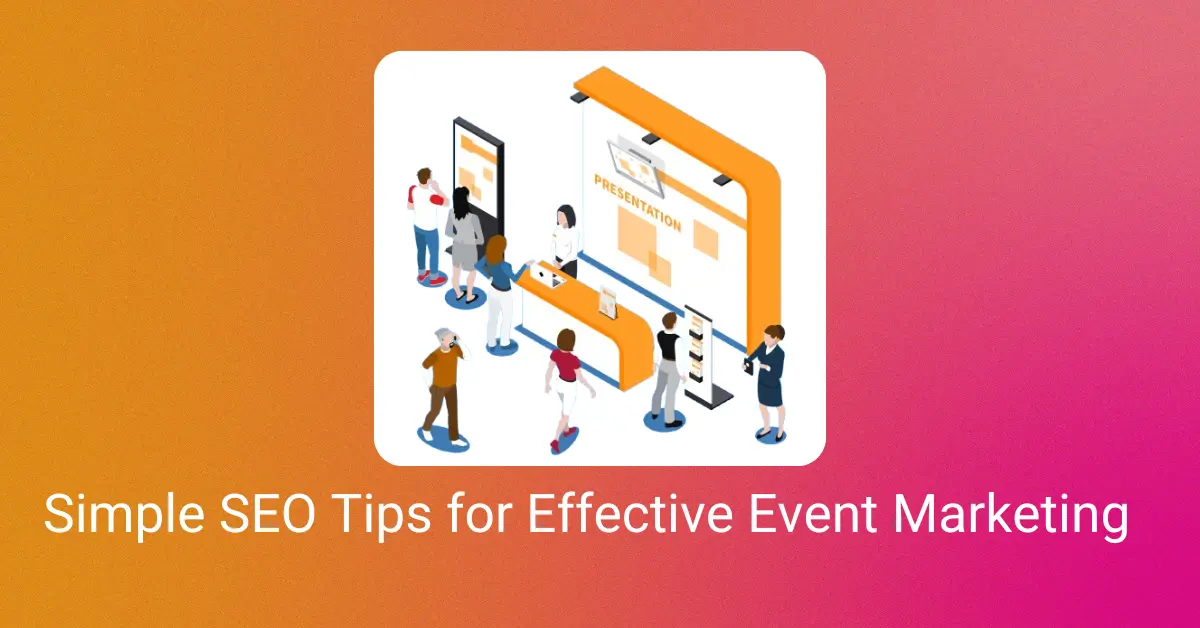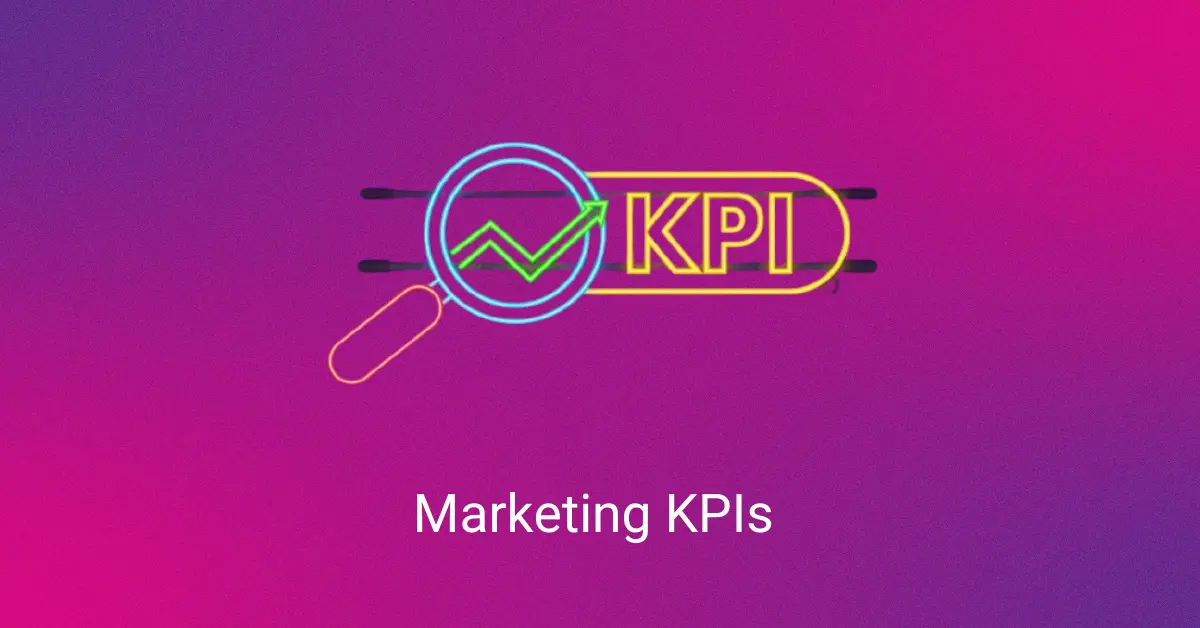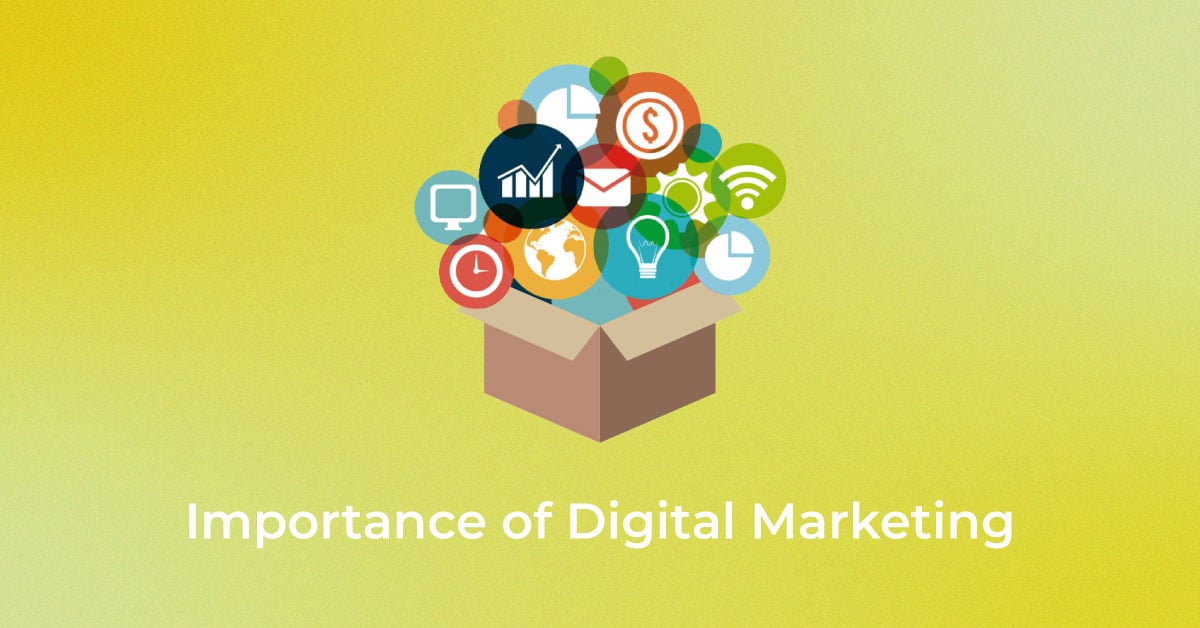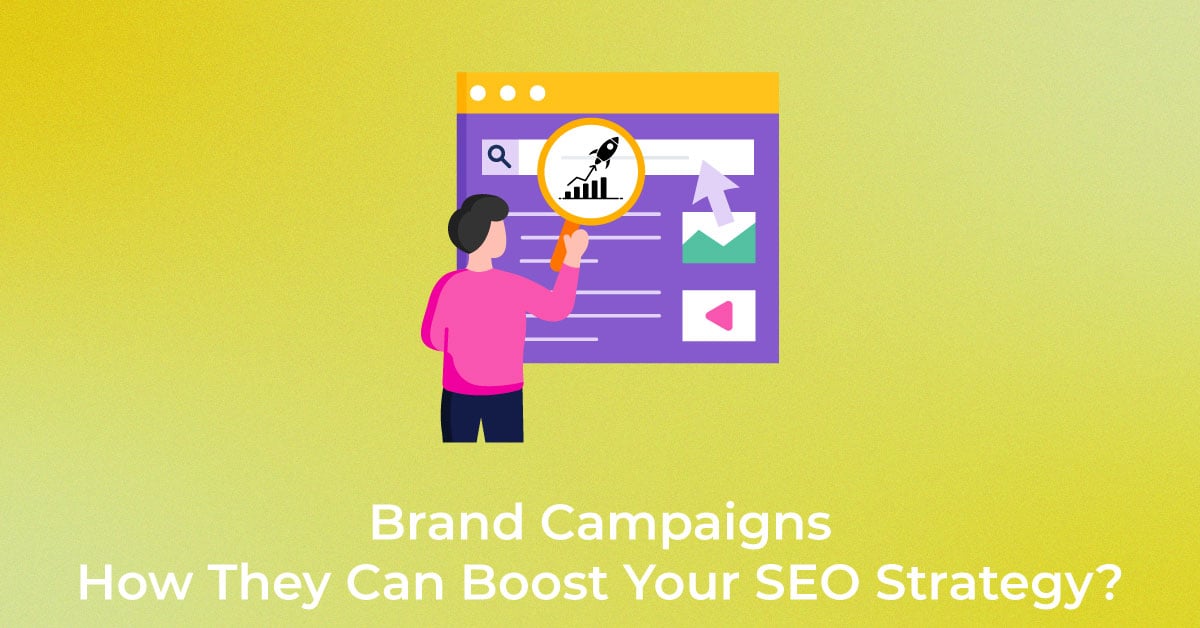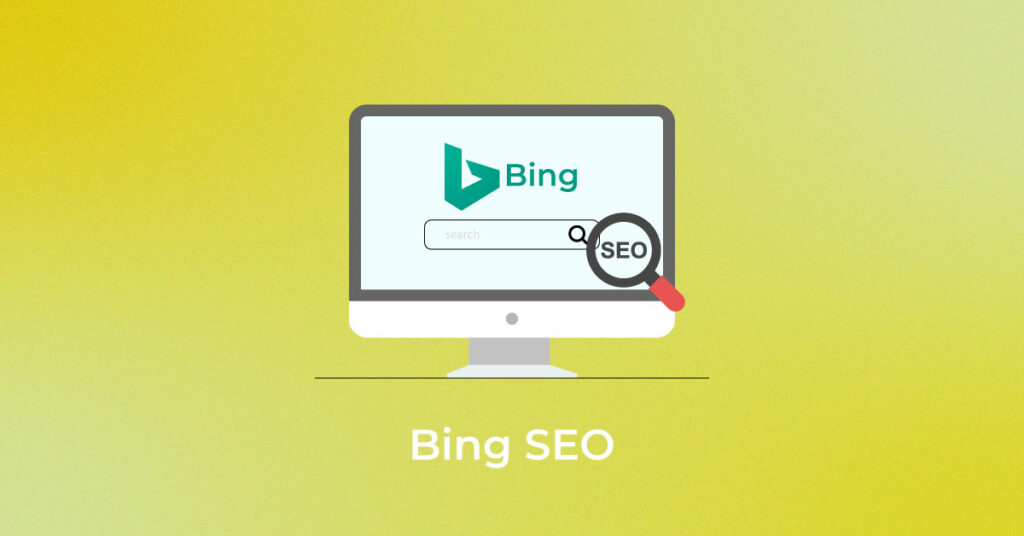Very often, businesses are under the impression that search is synonymous with Google. The general notion is that businesses grow only if Google is the default browser. Well, we have news for you. Sure, the primary search engine is Google, but Bing is the second most lucrative search engine to increase your audience. Focusing your efforts on on-page Bing SEO can help improve your brand presence.
What is Bing SEO?
Bing SEO is the process of optimizing your website or Web page to increase its visibility and ranking on the Bing search engine. Bing is second in popularity only to the search engine giant Google. It makes up one third of search queries and up to 13% of the desktop search engine market in the United States.
It also holds up to 6.5% of the search engine market in the world. Compared to Google, these figures might not seem like much but they translate to millions of users. If you haven’t yet made Bing your secondary search engine for your business or brand, now would be a good time to focus on on-page SEO for Bing.
Bing Ranking Factors
How well and how high your Web page ranks on Bing depends on the criteria, or ranking factors, fixed by Bing and its algorithm. To improve and optimize your on-page SEO, your Web page must meet these Bing ranking factors.
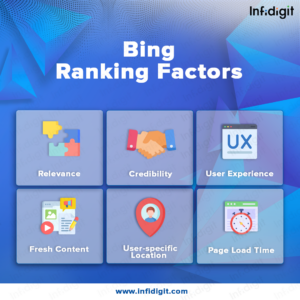
1. Relevance
To rank at the top spots in Bing, your Web page must be relevant per Bing’s algorithm. Bing will check if your landing page and the keywords used in the page titles, meta descriptions, headings, and so on are relevant to the user, match their intent, and serve a solution to their search query.
2. Credibility
One of the core ranking factors in on-page SEO for Bing is how credible or reputed your website is to users. Bing verifies credibility by checking if keywords match user intent and the content, if you cite the correct sources and authors, and if you have organic backlinks from reliable and non-spamming websites.
3. User Experience
Bing also analyses user behaviour and satisfaction in detail to assess if your Web page can make the cut. For instance, it checks how much time a user spends browsing through your website, the amount of time it takes to load, the bounce rate, how many leads get generated, and so on.
4. Fresh Content
One of Bing’s most crucial ranking factors is the quality. of the content. Is the content fresh? Is it original and relevant to users? Bing checks if the source of the content is trustworthy, whether the content addresses the exact query of the target audience, and if the presentation to viewers is easy to read.
5. User-specific Location
Bing’s algorithm prioritizes Web pages that add their location details. A website with missing contact and location information can seem suspicious to users. Adding the exact and updated location details of your website, business, or brand with the correct country, city, pin code, and state is of better use to local users. It also enhances local search results and improves on-page SEO performance.
6. Page Load Time
Page load time is the amount of time a page takes to load on. the search engine, in this case, Bing. Bing checks the time taken by a page to show up on a user’s screen and load after you click it. It is also the time taken to browse the different sub-pages of the same website. The shorter the page load time, the better ranking it gets on Bing.
Benefits of Bing SEO
Many marketers think that Google is the only place to increase your brand’s presence, given that it is the primary search engine and dominates global markets. But why settle for one when you can get the best of both worlds? Ditch the Bing vs. Google competition and consider Bing as a secondary search engine for double the results.
While Google might have a dominating presence in global markets, it would serve most businesses well to leverage the strengths of both Google and Bing.
There are several benefits of Bing’s on-page SEO.
For instance, it is believed that Bing’s user base comprises of graduates/postgraduates with more disposable income. And the maximum searches on Bing are related to finance and B2B companies. Most searches on Bing are also related to finance and B2B commerce companies.
Moreover, as Microsoft’s default search engine , you can target millions of users who use Microsoft on their desktop and voice-assisted searches like Cortana and Alexa.. This can help you reach users in a better financial position to buy and use your services.
Bing SEO Tips
1. List your business on Bing
The first step in optimizing on-page SEO on Bing is to list your business on Bing to let users know you exist. You can list your business on Bing Places, an online marketplace and improve your local SEO rankings. Ensure that all your location and contact information is correct, so that existing and prospective customers can reach you easily. You can also add information about your services and upload compelling photos to make an impressive pitch to your customers. Make sure your details from third-party sources like social media platforms are also accurate.
2. Take the help of Bing Webmaster tools
Those who ask for help always reach their goals faster. Taking the help of Bing Webmaster tools to index and optimize your website will help Bing crawl it better. Webmaster tools helps you explore your website, analyze backlinks, assess user-friendliness, and manage keywords to help you reach your target audience faster.
3. Focus on on-page SEO factors
There are two types of SEO—on-page and off-page. Focusing on on-page SEO is of more relevance to Bing as it considers it a better ranking factor. For higher on-page SEO performance, focus on using matching and relevant keyword titles, meta tags, headings, URLs, and the first paragraph of the main web content. Consciously avoid stuffing keywords. Use them strategically and place them such that they flow with the content. Keep your content up-to-date, unique and plagiarism-free so that it ranks high. Moreover, if you have carried out on-page SEO for Google, optimizing on-page SEO for Bing will not be a completely unfamiliar and difficult task.
4. Develop great content
What qualifies as great content for Bing? Content that is 100% unique, up-to-date, and original. It should address the search query completely, be presented in a readable manner, and cite clear, reliable sources. If the content does not provide any value to users, Bing will flag it as inessential and rank it lower.
5. Build quality backlinks
Backlinks are links on one Web page that lead to another Web page. Earlier, those trying to rank themselves on Bing thought that the quantity of backlinks mattered and not the quality. However, Bing prefers and prioritizes organic backlinks from highly authority and well-established websites instead of several backlinks from pages that don’t provide any real value. Any hacked or linked schemes are an immediate red flag for Bing. Ensure that you audit your backlinks and de-link spam links from your website periodically.
6. Social media marketing
Bing takes social media marketing very seriously, and if you are ranking well on popular social media sites like Facebook and Twitter, the search engine will consider it a successful ranking factor. Again, organic follows and reviews matter here, and buying likes, followers, and shares will only prevent Bing from ranking your website higher.
7. Focus on user Intent
Recognising user intent is very important in ensuring that your Web page ranks higher on Bing. Just like Google relies on RankBrain—its machine learning and artificial intelligence algorithm—to comprehend the core intention of the Web page and whether it can reach the ideal target audience, Bing has a developing algorithm to identify the same. Bing looks at content relevance, context, and content quality to check whether the Web page can serve user intent. For this, you have to use content with the correct keywords in the proper places (title, headings, meta tags, and so on) and do adequate keyword research to match the user intent behind the search query. You can use Bing Webmaster tools to assess the relevance of a keyword and identity trending keywords in your industry/ niche.
Bing v/s Google SEO
Bing SEO and Google SEO might share some similarities but they also share differences. Here is a summary of the crucial similarities and differences in the way the two search engines approach SEO.
- Bing SEO offers more local search results, while Google SEO shows users the most popular or top-ranked websites as search results.
- Bing SEO is desktop and voice-assist friendly, while Google SEO ticks those two boxes while also being immensely mobile-friendly.
- Bing SEO ranks Web pages with exact keywords higher, while Google SEO recognizes the context and synonyms of a keyword to serve users better. Bing’s algorithm is working on recognizing user intent and context better.
- Bing SEO uses social media presence and popularity as a positive indicator to rank a website higher, while Google SEO does not place much importance on social media.
Conclusion
In the present day, a Bing vs Google SEO approach does not work. Why compete when your business or brand can benefit from both search engines?If your focus is on improving Google SEO, do not neglect Bing SEO and the profitable business opportunities that come with it.
Popular Searches
How useful was this post?
0 / 5. 0










